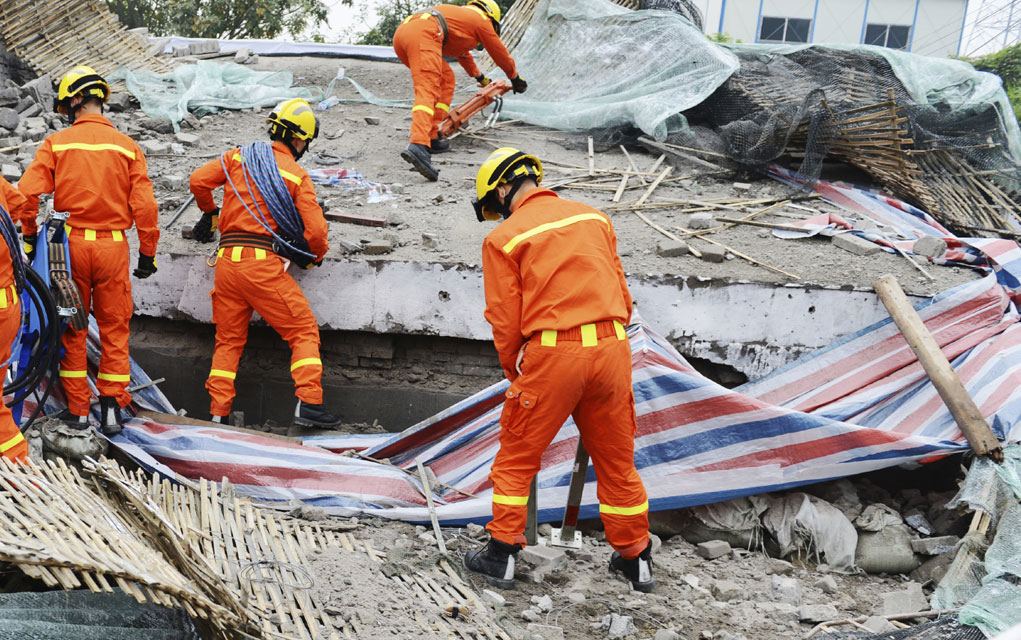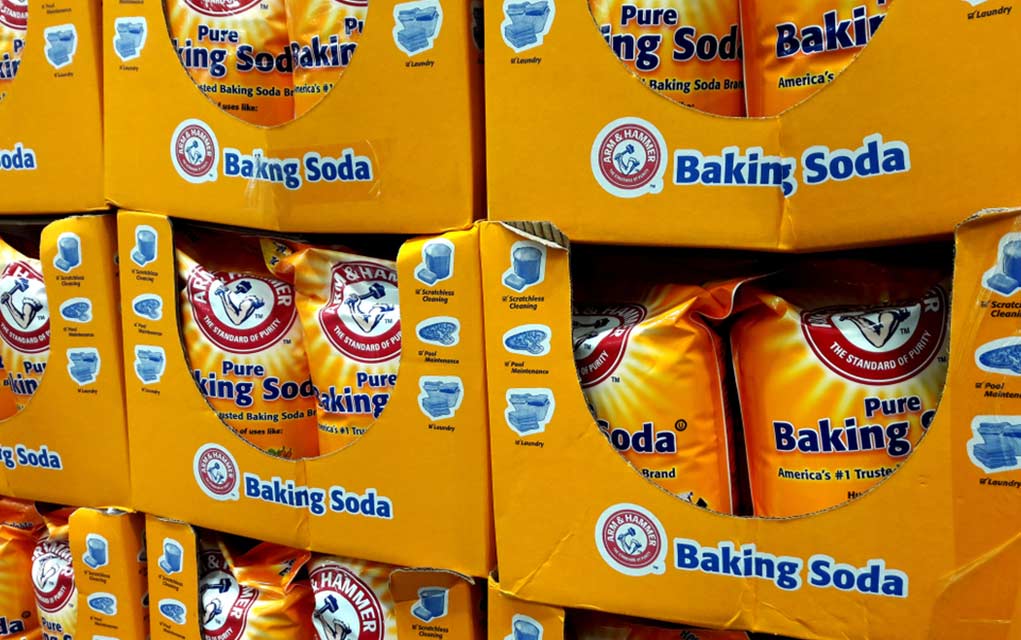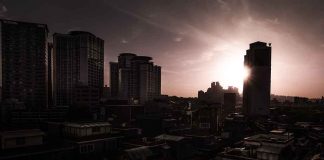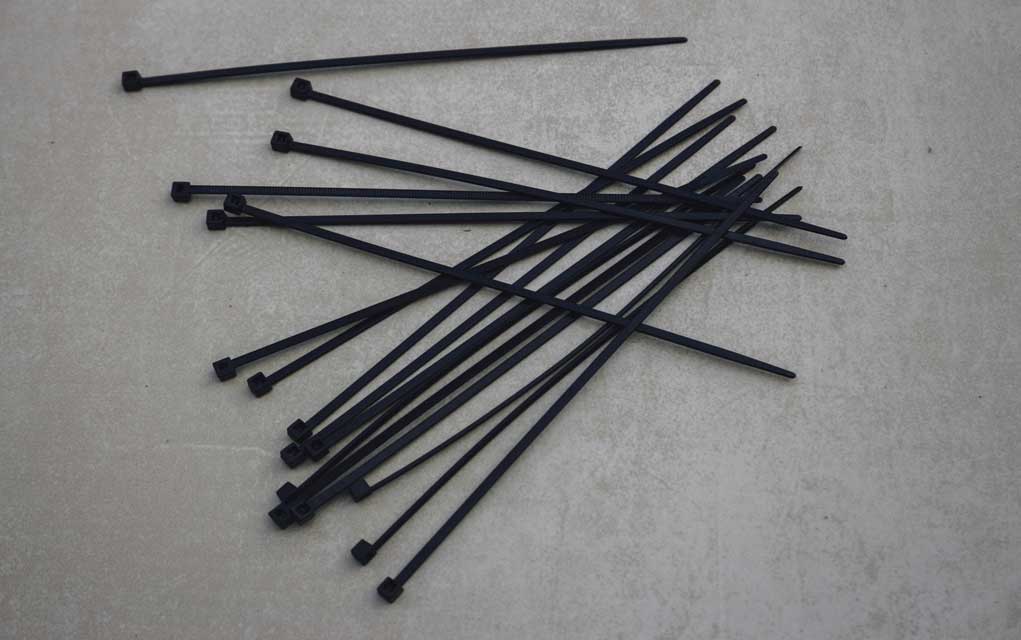(ModernSurvival.org) – One of the most common reasons people begin to look into the survivalist lifestyle is the threat of natural disasters. Nothing is quite so terrifying as mother nature when she decides to let loose–especially when the very ground beneath you begins to shake.
In the event of an earthquake, do you know what to do in order to survive? Are you prepared to face the wrath of nature?
Prepare Your Home
There are a few ways to make your home safe from earthquakes. According to Ready.gov, if you live in an area at risk of an earthquake, these are some important tips on how to prepare your house:
- Secure items such as bookcases, entertainment centers, and refrigerators to the walls. Most people get injured or killed in an earthquake due to falling debris (or building collapse).
- If you are storing heavy items, keep them on low shelves to reduce the risk of them falling and injuring your family or yourself.
- Invest in earthquake insurance. Should your home be damaged, you want to be able to repair or rebuild it.
- Maintain your property to ensure it is as structurally sound as possible. This will help to avoid a potentially costly, or deadly, collapse.
- Tightly fasten glass items such as mirrors and keep them away from where people sit, sleep or walk when attempting to find the nearest safety exit. Should an earthquake occur at night, you do not want to walk through broken glass to get out.
- Secure anything that could be flammable or potentially explosive.
- Make sure you have gas and electrical appliances tightly fastened and bolted down securely.
What to do in an Earthquake
In Your Car
If you are in a vehicle during an earthquake, here are some important survival tips:
- Stay calm.
- Slow down, carefully pull over to the side of the road, then safely stop.
- Avoid stopping alongside buildings, on or near overpasses, bridges, power lines, lakes, or ponds.
- Remain in your car with your seat belt tightly fastened until the earthquake stops.
- Start gathering information using the radio or your cell phone.
- After assessing that the situation is safe and you are no longer in danger, proceed with caution.
In Your Home
If you happen to be home when an earthquake occurs, these actions can help keep you safe:
- Get on your hands and knees, then grab hold of something sturdy – you do not want to be knocked off your feet and risk potential injury.
- Cover your head and neck with your arms to ensure they are safe should something fall and hit you. Crawl under a table if possible.
- Avoid areas with windows.
- Do not crawl over debris to seek a safer position unless you are in immediate danger.
After the Quake
- Expect aftershocks – they are common after the main earthquake has occurred.
- If you are inside a damaged building, get out and get away from it.
- Do not enter damaged buildings unless you have no other choice (such as to save a loved one).
- If you are in an area that could face a tsunami resulting from the earthquake, seek higher ground as soon as you can.
- If you are trapped in the rubble, try to protect your eyes, mouth, and nose from dust as best you can. Attempt to make noise to attract help. Instead, send text messages to friends and family if you can.
How to Prepare
Unfortunately, earthquakes tend to happen without warning. This is why it’s good to have a game plan beforehand.
- Get Information
Know what to do after an earthquake. Research what local, state, and federal resources are available to you, and where you can go to get help. Keep in mind that resources may be limited, so try not to rely on government entities to offer much help or assistance in the beginning.
- Have a Plan
Formulate an emergency plan and practice it with your family before an earthquake occurs. Every family member should have a role to play and know what to do before, during, and after an earthquake occurs. Make sure they know the location of all emergency kits, where to meet, and who to contact. Here are some questions to consider:
- Why do we need a plan? Why do I need to learn what to do?
- Who will be in charge and give instructions/directions?
- What exits are closest to you and how will you safely get out?
- When is it a good time to start moving around or start evacuating?
- Where will you go or where will everyone meet up? Is there a rallying point?
- Prepare an Emergency Kit
An emergency kit is essential for any natural or man-made disaster, and no family should be without one. Your kit should contain the following basic items:
- Food
- Water
- Fire
- Shelter
- First aid/medications
- Communication
- Alternative energy source
- Clothing
- Weapons
- Gear
Prepare an emergency kit (or several kits) with enough resources to last at least three days. If possible, keep at least two different kits, in case one becomes compromised during the quake. Take into consideration the family member count and what particular items are considered essential to survive (medications, certain types of foods, etc).
Part of being a good citizen is not being dependent on the government, especially after a disaster. Emergency services will be stretched extremely thin in the aftermath of such a disastrous event. Preparing for an emergency allows first responders to help those who truly need assistance instead of helping you, who (now) knows better and could have prepared for the unknown.
For tips on how to create the ultimate survival pack, for natural disasters or the full collapse of society as we know it, click here.
~Here’s to Your Survival!
Copyright 2023, ModernSurvival.org













